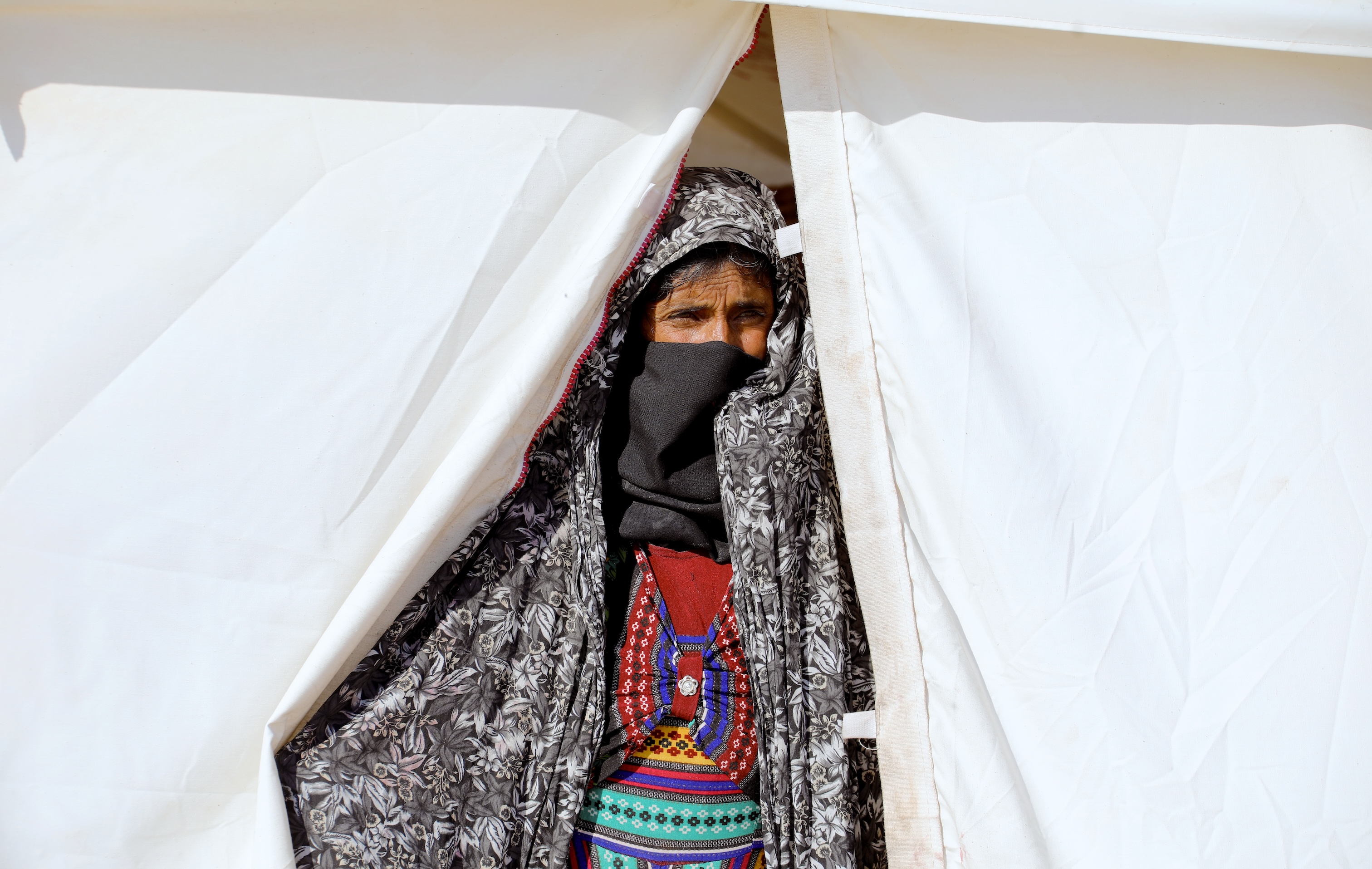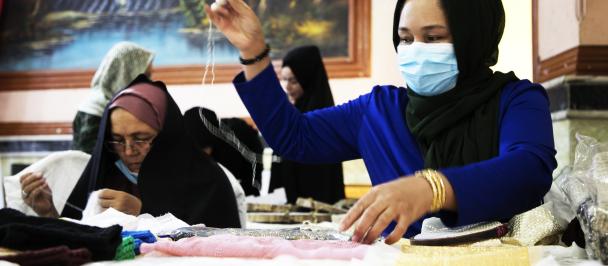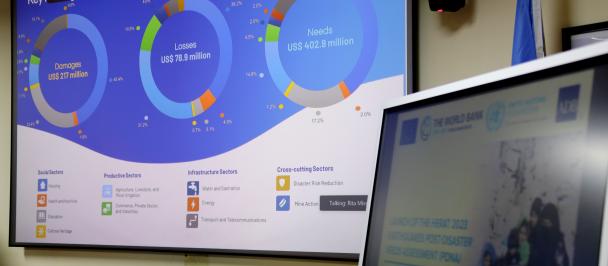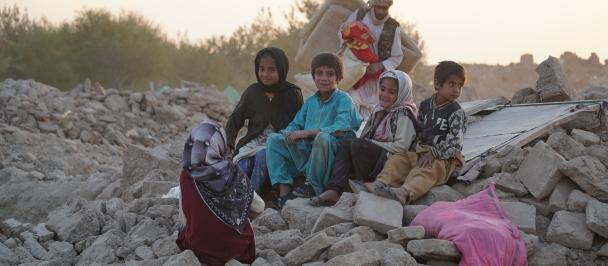UNDP report: Crisis persist in Afghanistan despite flickers of recovery.
Afghanistan's recovery hinges on international assistance, reviving productive sectors and reinstating women's rights
January 18, 2024

Women now consume a declining quantity and quality of food, and are experiencing greater income inequality compared to men.
Kabul, 18 January 2024 – UNDP Afghanistan released new data today in a report depicting a bleak socio-economic scenario in the country, since August 2021.
Restrictions on women's rights and an almost collapsed banking system are identified as major areas of concern, needing international cooperation. Analyzing the latest macro and household-level data, the report reveals some progress in certain areas, - including overall macro-economic stability, security, and control of opium production and illicit trade - but notes that it has not been enough to change the country’s trajectory. Moreover, seven out of ten Afghans are unable to fulfil their basic needs for food, healthcare, employment and other daily requirements.
The report, titled “Two Years in Review: Changes in Afghan Economy, Households and Cross Cutting Sectors”, shows that the Afghan economy has not recovered from the significant shrinkage experienced since 2020, and appears to be stabilizing at a very low level of economic activity with high poverty and unemployment levels.
Among the key reasons for this are the restrictions on the banking sector, trade disruptions, weakened and isolated public institutions, and lack of foreign investment and donor support for the productive sectors – such as agriculture and manufacturing. Public institutions, particularly in the economic sector, continue losing technical expertise and capabilities, including women employees, further exacerbating challenges.
The report also adds that the humanitarian and economic crises and restrictions on women’s rights have had a severe impact on the country’s female population. It notes that in addition to having limited access to public spaces, women now consume less food, and are experiencing greater income inequality compared to men. Alarmingly, the proportion of women in employment across all sectors has dropped dramatically, nearly halving from 11% in 2022 to just 6% in 2023.
Introducing the Subsistence-Insecurity Index (SII), the report utilises 17 non-monetary indicators across three dimensions to measure deprivation. It highlights that 69 percent of Afghans are subsistence insecure and face a scarcity of essential amenities such as healthcare, basic goods, living conditions, and employment opportunities.
“International assistance has helped save millions of Afghans from starvation, sustained delivery of essential social services, and ensured the continuation of hundreds of thousands of livelihoods,” said Stephen Rodriques, UNDP Resident Representative in Afghanistan. “However, humanitarian assistance is declining at a time when an overwhelming majority of the Afghan population remain highly vulnerable, and subsistence-insecurities remain very high. The assistance and efforts require complementary investment to stimulate the recovery of the private sector, financial system, and overall production capacity of the economy.”
The report stresses the need to address challenges in the banking system, including the microfinance sector, which is crucial for financing women-led micro and small enterprises that have experienced a 60% contraction since 2021. Urgent remedial actions are essential to prevent further decline.
To sustain livelihoods and foster lasting recovery and prioritize the needs of the most vulnerable, particularly women and girls, the report calls for a comprehensive approach, that would integrate local economic development, resilience against shocks, and robust private sector-led growth. Women’s economic participation must be at the forefront of any efforts aimed at addressing the crises in Afghanistan.
The two years in review report is available online.
For media inquiries, please contact:
- Cedric Monteiro, UNDP Bangkok Regional Hub: cedric.monteiro@undp.org
- S. Omer Sadaat, UNDP Afghanistan: sayed.omer@undp.org

 Locations
Locations












